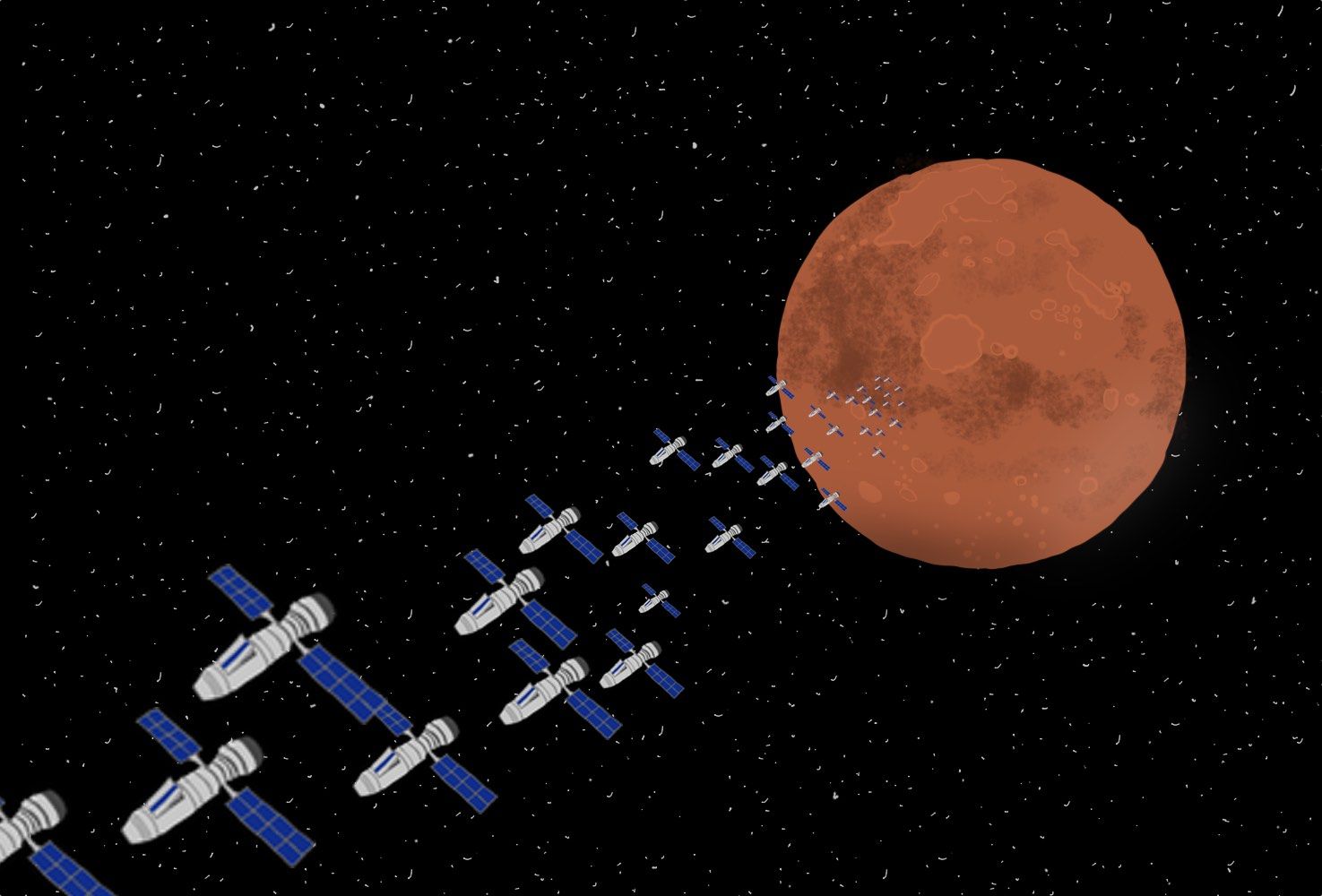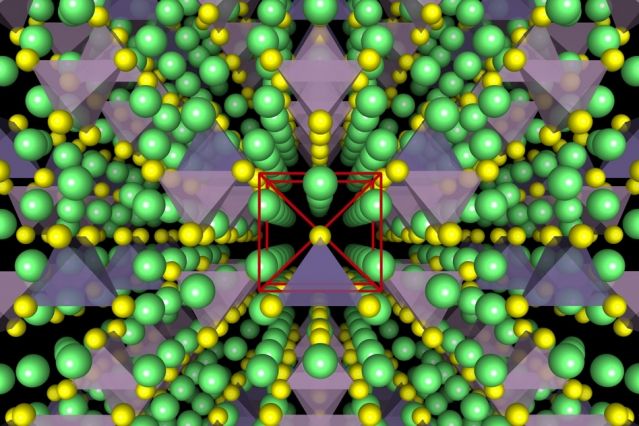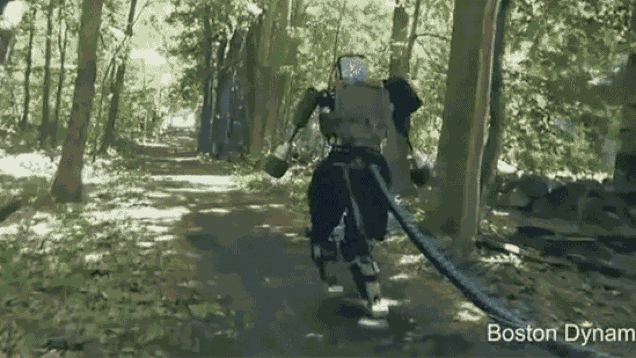Page 11442
Synthetic biology is radical and has huge potential to revolutionize multiple industries. The fact is biology has already worked out efficient ways of doing things, or has in place mechanisms we can adapt, so why reinvent anything if we can simply adapt what’s already here? Using billions of years of evolution makes logical sense, and that’s what synthetic biology builds on.
So here is a great video by Grist, explaining what synthetic biology is and what we might be able to do with it in the future.
Aug 18, 2015
Going solid-state could make batteries safer and longer-lasting
Posted by Shailesh Prasad in categories: energy, transportation
If you pry open one of today’s ubiquitous high-tech devices—whether a cellphone, a laptop, or an electric car—you’ll find that batteries take up most of the space inside. Indeed, the recent evolution of batteries has made it possible to pack ample power in small places.
But people still always want their devices to last even longer, or go further on a charge, so researchers work night and day to boost the power a given size battery can hold. Rare, but widely publicized, incidents of overheating or combustion in lithium-ion batteries have also highlighted the importance of safety in battery technology.
Now researchers at MIT and Samsung, and in California and Maryland, have developed a new approach to one of the three basic components of batteries, the electrolyte. The new findings are based on the idea that a solid electrolyte, rather than the liquid used in today’s most common rechargeables, could greatly improve both device lifetime and safety—while providing a significant boost in the amount of power stored in a given space.
Aug 18, 2015
Android Marshmallow is the name of Google’s next operating system update
Posted by Shailesh Prasad in categories: computing, mobile phones
Aug 18, 2015
Google’s Human-Shaped Robot Takes First Walk Outside
Posted by Shailesh Prasad in category: robotics/AI
Aug 18, 2015
At Last, a Wearable You Will Want to Wear — By Chander Chawla | Forbes
Posted by Odette Bohr Dienel in categories: 3D printing, business, innovation, materials, media & arts, robotics/AI, wearables
“I am excited to introduce the first wave of TechLuxe in a form of a resin handbag with an LCD video screen. The idea is to radically bring technology to fashion, but with creative beauty within a functional beautifully designed bag.”
Tags: design, Fashion, technology
Aug 17, 2015
Watch Boston Dynamics’ Robot Run Outside Oh God They’re Coming For Us
Posted by Albert Sanchez in categories: neuroscience, robotics/AI, singularity
Possible cause of the singularity Boston Dynamics is secretive about upcoming projects, but new footage shows their robots in action—and the results are highly unsettling.
First you can see Spot, an agile autonomous quadruped ripped directly from Isaac Asimov’s nightmares, opening a door with the arm it sports instead of a face. Spot would almost be adorable the way it trots around on four legs except for the protruding face-arm that will turn the handle on your front door with its superstrength. Sleep well tonight.
Aug 17, 2015
Watch a Boston Dynamics humanoid robot wander around outside
Posted by Alexandros El in category: robotics/AI
 https://youtube.com/watch?v=NwrjAa1SgjQ
https://youtube.com/watch?v=NwrjAa1SgjQ
August 17, 2015 Boston Dynamics, which Google bought in 2013, has begun testing one of its humanoid robots — those that are designed to function like humans — out in the wild. Marc Raibert, the founder of Boston Dynamics, talked about the research and showed footage of the project during a talk on Aug. 3 at the 11th Fab Lab Conference and Symposium in Cambridge, Mass.
“Out in the world is just a totally different challenge than in the lab,” Raibert said at the conference, which was organized by the Fab Foundation, a division of the Massachusetts Institute of Technology’s Center for Bits and Atoms. “You can’t predict what it’s going to be like.”
Boston Dynamics has tested its LS3 quadruped (four-legged) robot out in natural settings in the past. But humanoid robots are different — they can be much taller and have a higher center of gravity. Keeping them moving on paved asphalt is one thing, but maneuvering them through rugged terrain, which is what Boston Dynamics’ Atlas robots dealt with recently during the DARPA Robotics Challenge, can be trickier.
Aug 17, 2015
Future of Virtual Reality Series Launches Today
Posted by Sean Brazell in categories: neuroscience, space, space travel, virtual reality
If you’ve ever watched someone experience virtual reality for the first time, you know it can involve screaming, flapping arms, and occasional falls.
On one level people know their bodies are safe on the stable chair, but as their minds are catapulted through outer space on a spaceship to Mars or beamed into a refugee camp in Syria —they can’t help but lose their grip on reality and go along for the ride.
In fact, our brains don’t even require photorealism for suspension of disbelief in VR. A choppy CGI rendition will cause our heart rates to increase and our palms to get sweaty when we’re riding a virtual roller coaster or standing on the edge of a virtual building looking at the ground 30 stories below.
Aug 17, 2015
Is It Really So Bad If We Prefer Virtual Reality to Reality?
Posted by Sean Brazell in category: virtual reality
What will happen when the technology has evolved to the point that people actually prefer virtual reality experiences to real ones?















